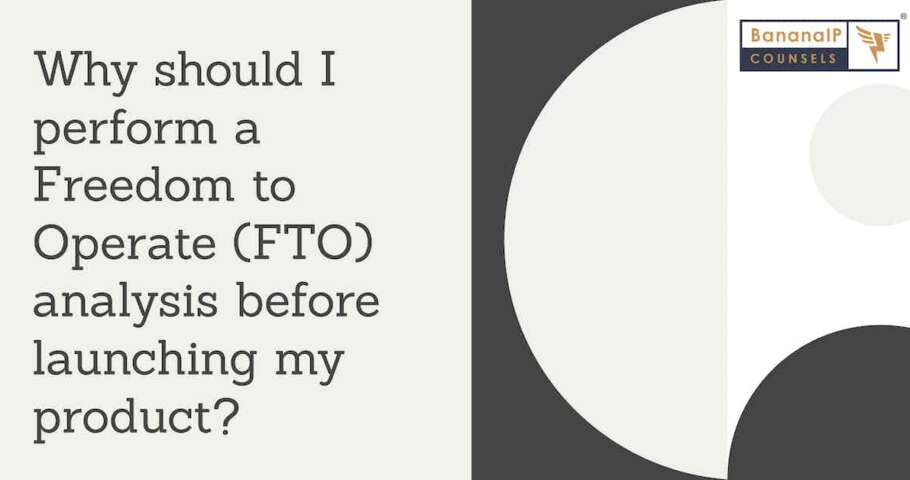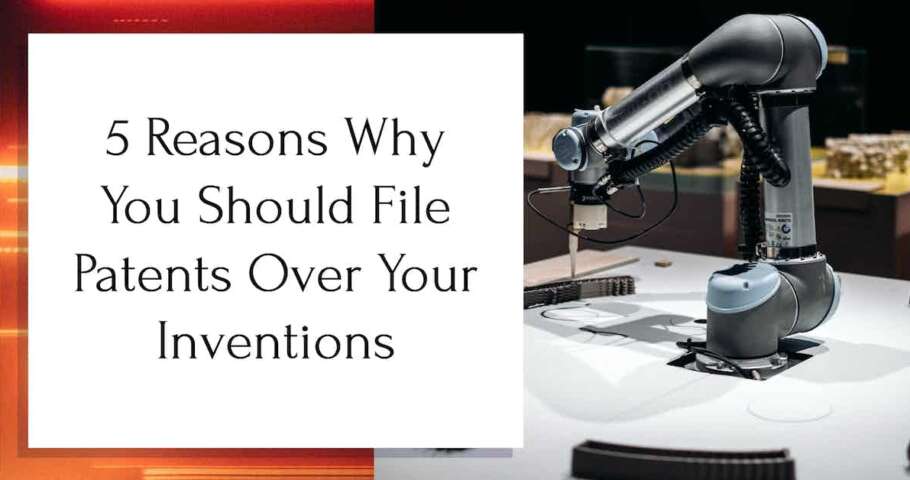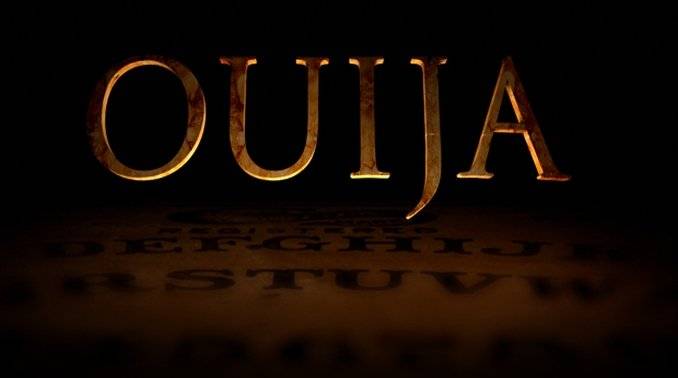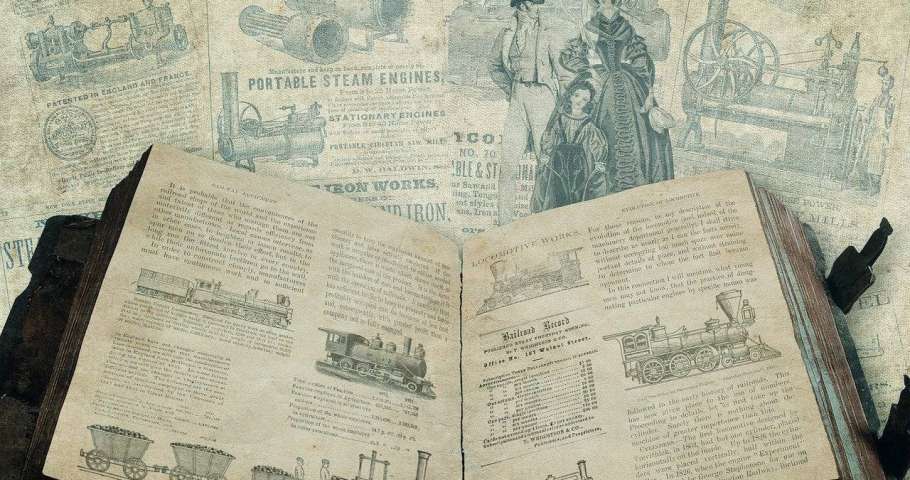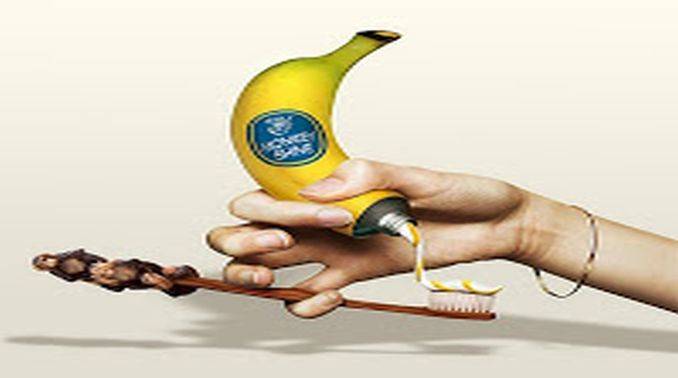As a product developer, you likely put a lot of time and resources into developing your product. You want to be sure that you will not face any legal issues when you launch your product. This is where a Freedom to Operate (FTO) analysis comes in. Read More Continue Reading Why should I perform a Freedom to Operate (FTO) analysis before launching my product?
